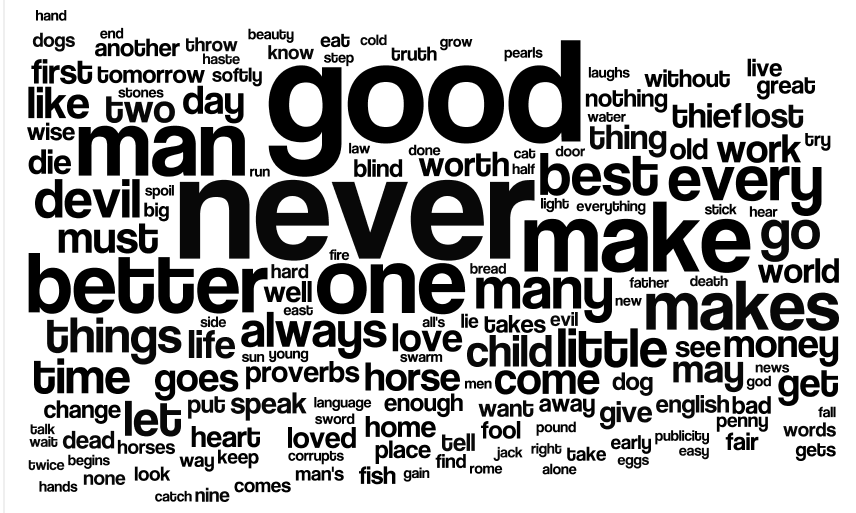Literal meaning.
Children should be seen and not heard
What's the meaning of the phrase 'Children should be seen and not heard'?
What's the origin of the phrase 'Children should be seen and not heard'?
The expression ‘children should be seen and not heard’ is an old English proverb, dating from the 15th century.
In the original form it was specifically young women who were expected to keep quiet. This opinion is recorded in the 15th century collection of homilies written by an Augustinian clergyman called John Mirk in Mirk’s Festial, circa 1450:
Hyt ys old Englysch sawe: A mayde schuld be seen, but not herd.
A ‘sawe’, or ‘saw’ as we would spell it now, was a medieval term for saying or proverb. It has the same root as the words ‘say’ and ‘saga’. It is interesting that Mirk, writing in Middle English, described the saying as ‘old English’, which presumably would date the proverb as earlier.
While the expression was originally aimed at women, the Old English names denoting gender are now somewhat altered. A ‘mayde’ was normally a young female, usually unmarried, although it was also used to denote celibate men. Girls however, could be of either sex, the term simply meaning young child.
See also: the List of Proverbs.
Related articles
Related phrases and meanings
Browse more Phrases
About the Author

Phrases & Meanings
A-Z
A B C D E F G H I J K L M N O P Q R S T UV W XYZ
Categories
American Animals Australian Bible Body Colour Conflict Death Devil Dogs Emotions Euphemism Family Fashion Food French Horses ‘Jack’ Luck Money Military Music Names Nature Nautical Numbers Politics Religion Shakespeare Stupidity Entertainment Weather Women Work
How did we do?
Have you spotted something that needs updated on this page? We review all feedback we receive to ensure that we provide the most accurate and up to date information on phrases.
